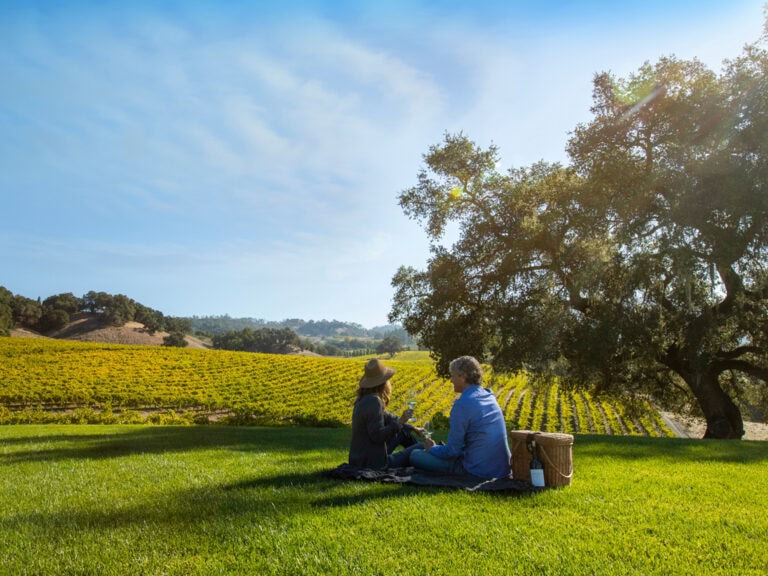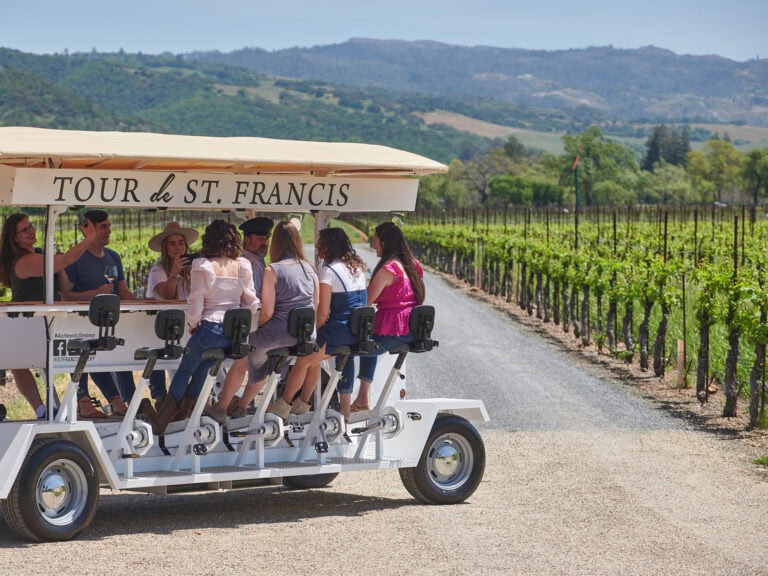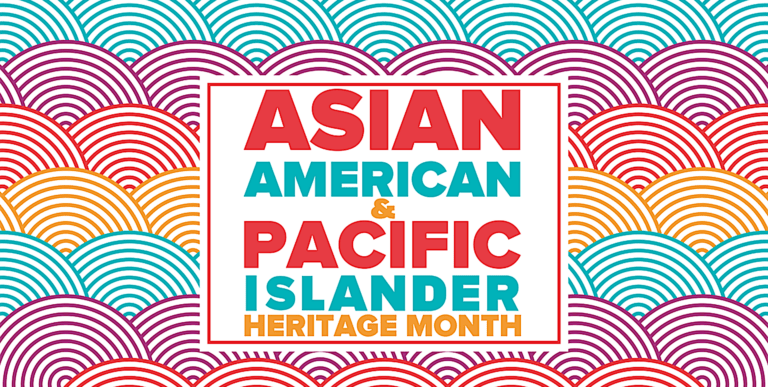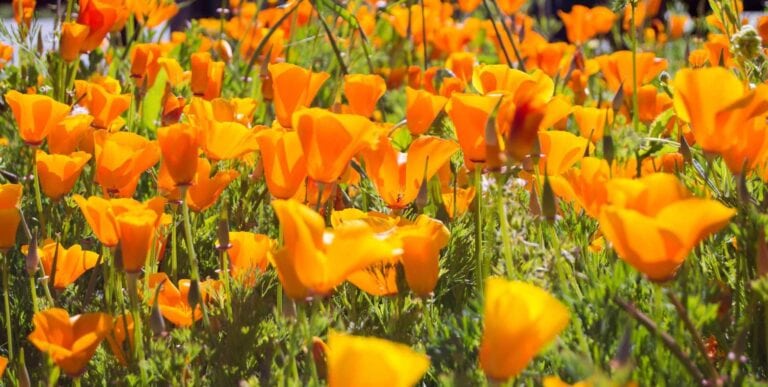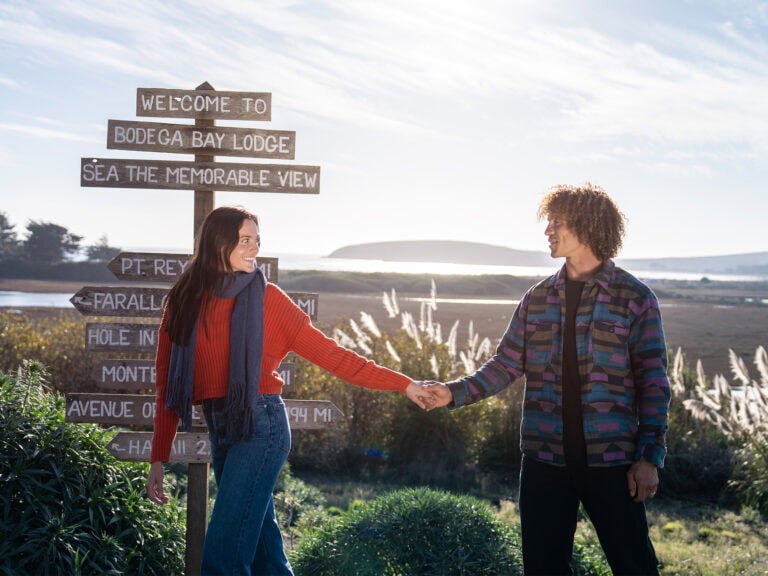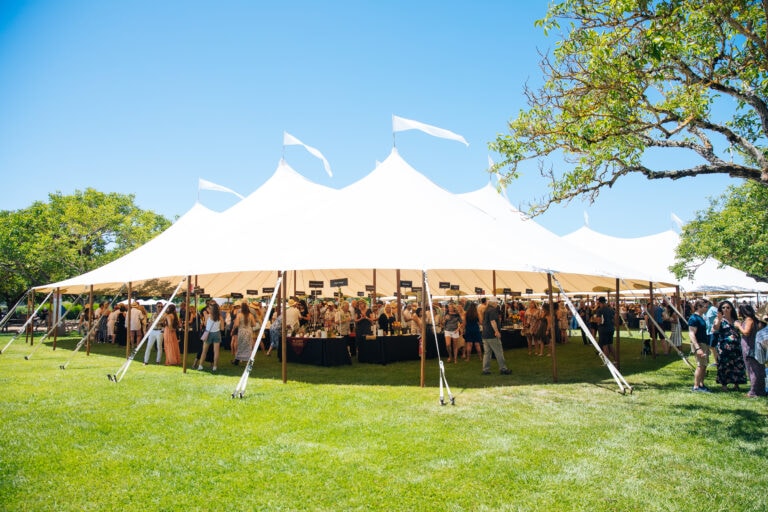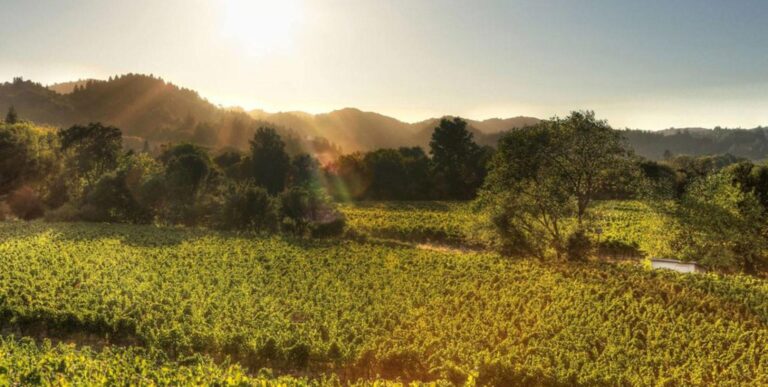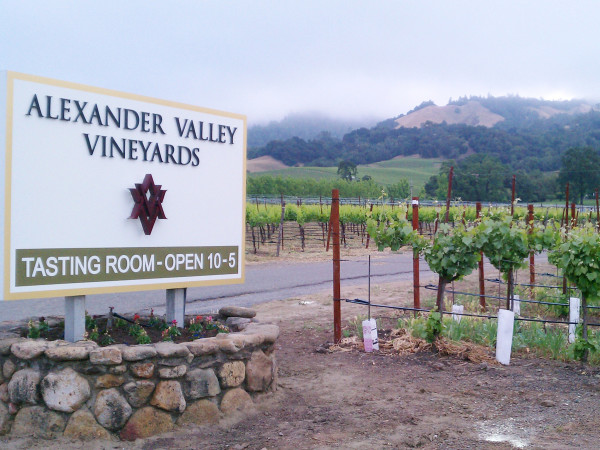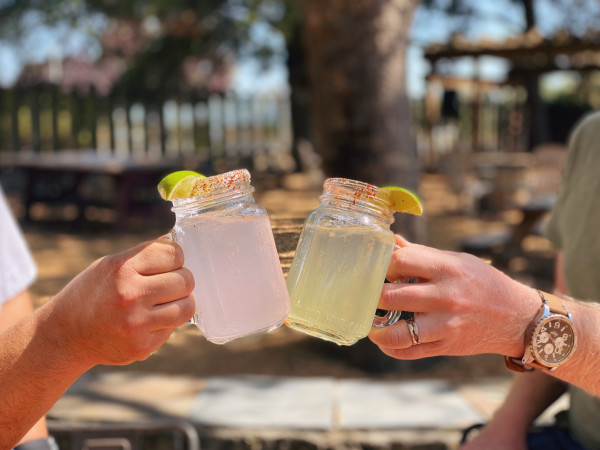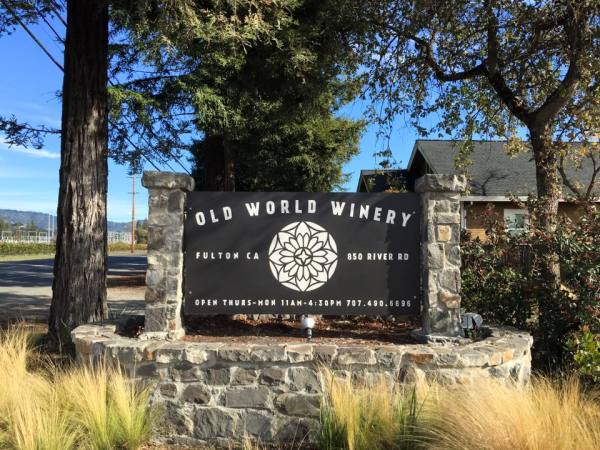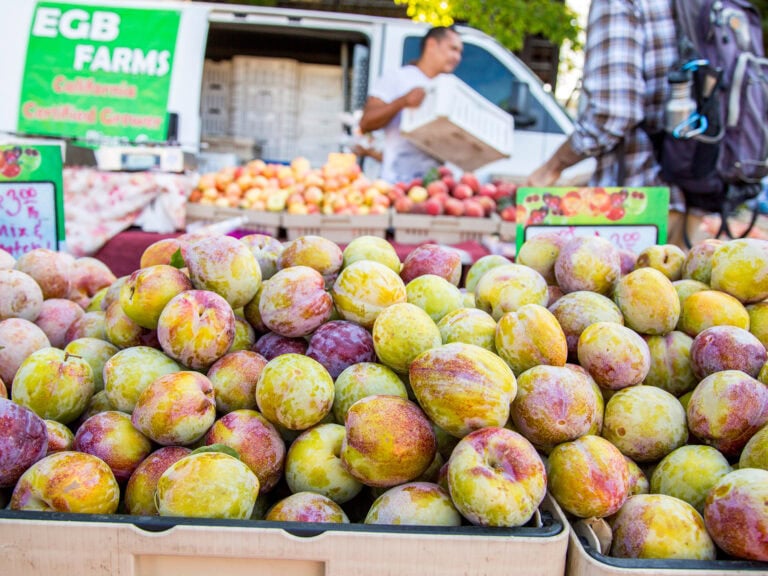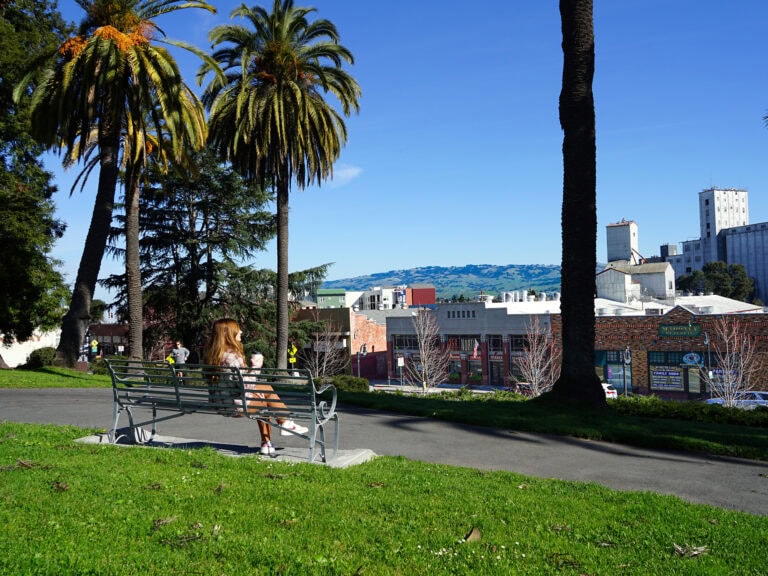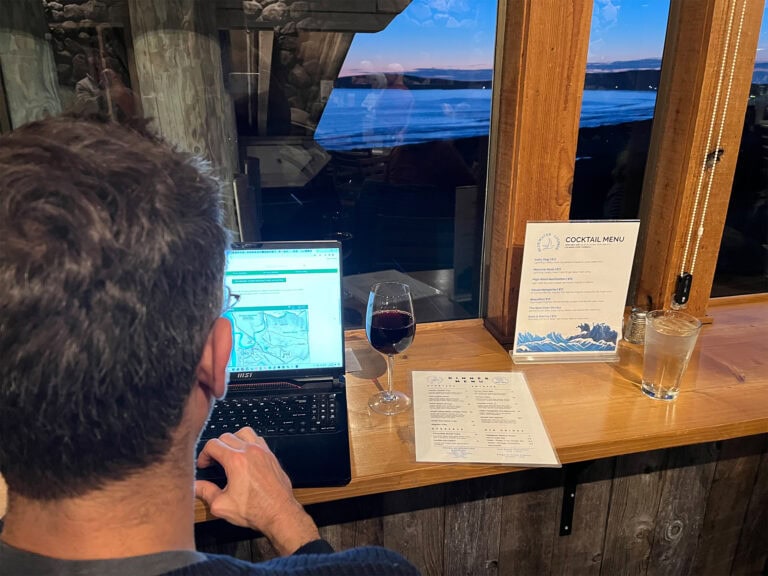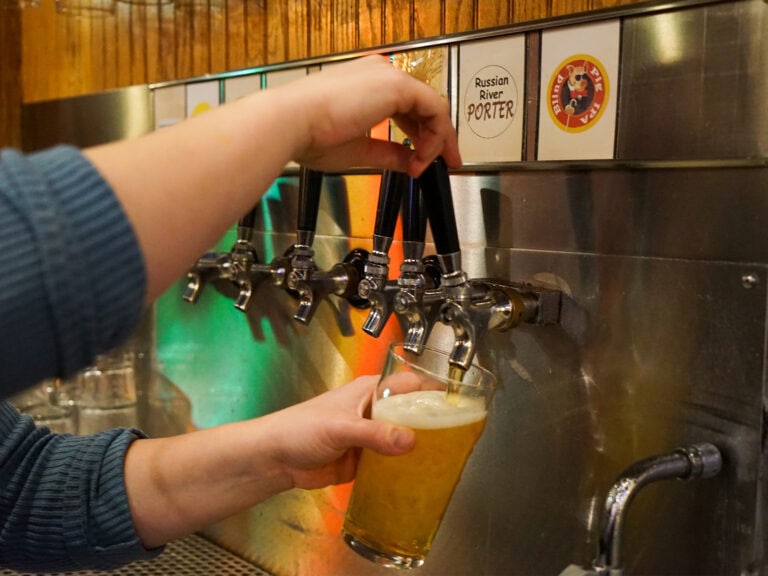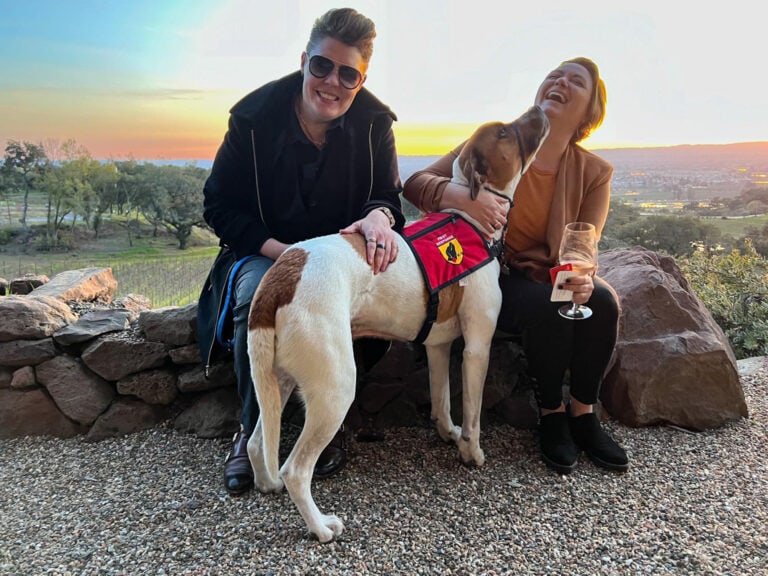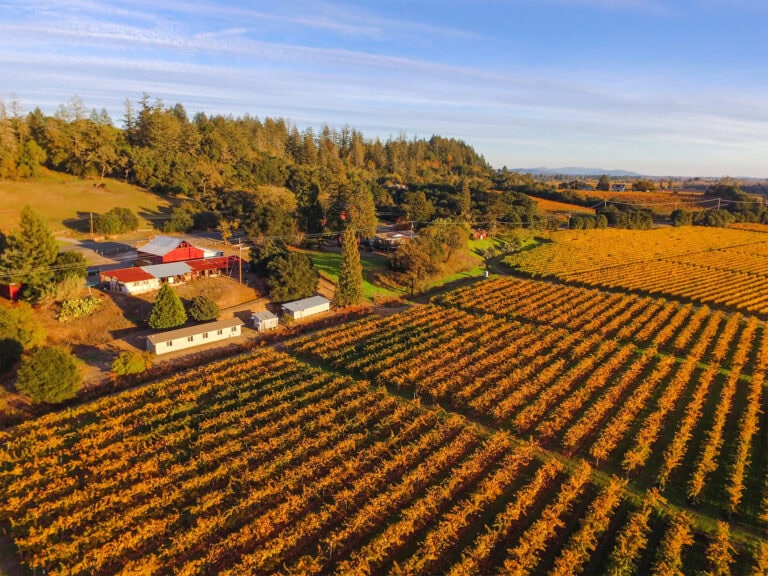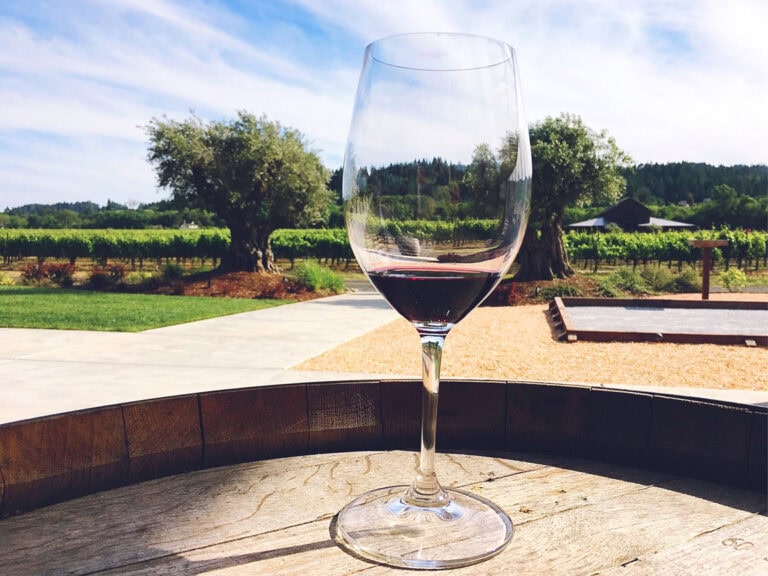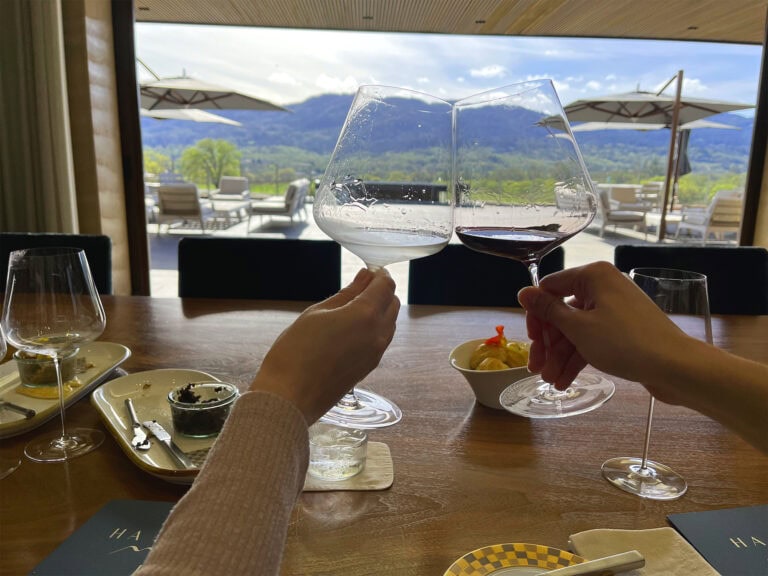Sonoma County Vegan Wineries
There’s never been a better time to be a vegan wine drinker, especially if you’re planning a Sonoma County wine country trip.
Historically, and this is largely still true present day, the process of fining and filtering wines (i.e. clarifying or polishing the finished product so that there are no sediment or particles floating around or accumulating at the bottom of the bottle and the wine appears clean and smooth) always involved the use of fining agents that included animal ingredients. There’s nothing unusual about these ingredients in winemaking, and these fining and filtering methods are still prevalent in most commercial wine-producing regions around the world.
However, while 10 or 15 years ago, it was rare to find wineries (that were open to the public) whose winemaking practices qualified as 100% vegan due to the standard practices mentioned above, the move toward ever more natural winemaking processes and minimal intervention have naturally led to a higher number of wineries’ winemaking practices qualifying as vegan. This is due to a higher number of wineries today choosing to abstain from fining or filtering their wines altogether and/or the use of different, non-animal derived ingredients to fine their wines.
As a result, there are now more wineries in Sonoma County whose winemaking practices qualify as vegan than ever before in our region’s history. So many, in fact, that we can’t profile them all here.
**Please note, that while the winemaking practices and therefore the wines at these wineries are 100% vegan, the wineries themselves do not adhere to vegan diets or vegan offerings (i.e. you may find charcuterie and cheese pairings or other meat and dairy food offerings at these wineries).
Alexander Valley Vineyards (Alexander Valley Winery)
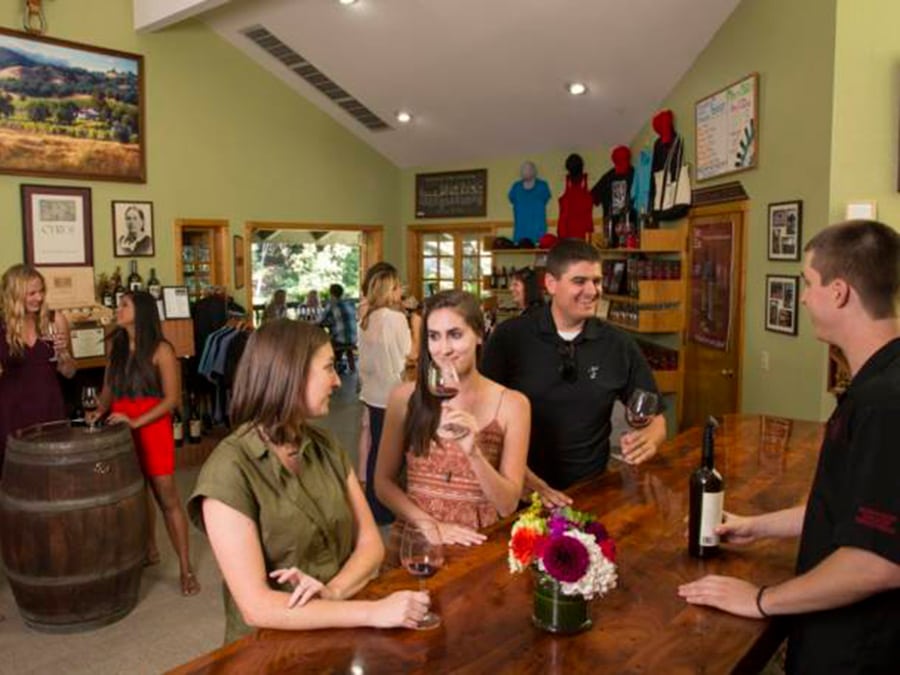
Founded in the 1960s, Alexander Valley Vineyards is a fourth-generation family-run estate located in Alexander Valley. The winery achieved certification for its sustainably grown vineyards in 2019. No animal by-products are used in the filtering of wines at Alexander Valley Vineyards. Instead, the winery filters wines using Diatomaceous Earth, also known as DE. Diatomaceous Earth is fossilized algae (specifically diatoms, which is where the name comes from) and has been qualified as a vegetarian and vegan product.
The winery is known for its red wines, including its famous and highly awarded Sin Zin, Redemption Zin, and Cyrus (a blend of Bordeaux varietals), as well as numerous estate wines, such as Cabernet Sauvignon, Merlot, and Cabernet France.
Amista Winery (Dry Creek Valley Winery)
One of the “newer” wineries in the Dry Creek Valley (their first commercial vintage was in 2003 and the tasting room opened its doors in 2007), all of Amista Vineyard’s wines are vegan, as a result of the winery’s focus on minimal-intervention winemaking practices. No fining agents are added to Amista’s wines. Instead, the focus is on keeping wines in balance naturally, through close attention to the vineyard, pressing choices, and skin contact time. Amista’s vineyards are farmed organically, the property is free of herbicides and glyphosates, and the vineyards are certified as Fish Friendly and Sustainable.
The winery focuses on red wines, such as Syrah, Zinfandel, and Cabernet Sauvignon, but also makes three estate sparkling wines and a few other unique varietally specific wines.
Bedrock Wine Co. (Sonoma Winery)
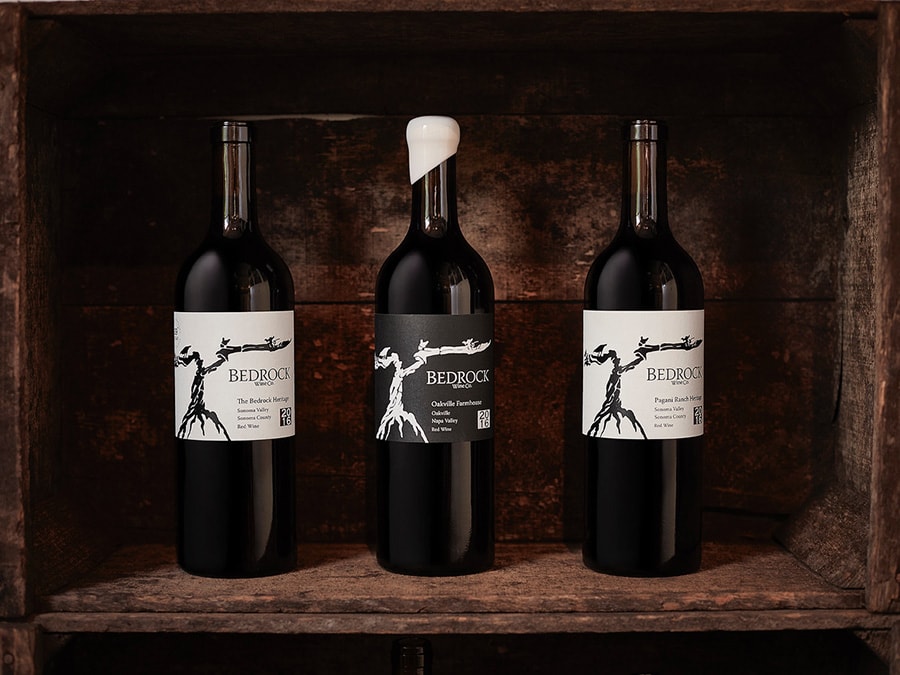
Bedrock Wines, a micro-winery run by Morgan Twain-Peterson (son of Joel Peterson, the longtime winemaker and original founder of Ravenswood Winery) and his partner Chris Cottrell opened the doors to its first tasting room in 2017 in the historic Joseph Hooker House in downtown Sonoma. According to winemaker Morgan, “It has long been the practice at Bedrock Wine Co. to eschew the use of anything that includes animal products in our winemaking process.” The wines are fermented with indigenous yeasts, native malolactic bacteria and are almost completely unfined and unfiltered. If fining is needed, the winery uses small amounts of bentonite, a form of activated clay.
Bedrock wines makes a wide range of wines including common varieties such as Chardonnay or Syrah sourced from special or uncommon sites and unique or rare varieties such as Carignan and Cabernet Pfeffer. The focus is on properly matching a site and a variety, resulting in wines with ideal ripeness, freshness, and aromatics.
Horse and Plow (Russian River Winery)
Horse and Plow Winery and Farm is a farm, winery, and cidery. The business utilizes organic farming methods and focuses on small-lot fermentations and traditional techniques to make balanced, food-friendly and site-specific wines and ciders. Their organic practices extend to the cellar, where the wines are made using no synthetic nutrients or additives and no GMOs; they undergo no fining or filtering with animal byproducts and contain minimal sulfites.
Horse and Plow makes a variety of white, red and rosé wines focused on freshness, balance, and letting the character of the fruit and vineyard shine through.
Kivelstadt Cellars (Sonoma Winery)
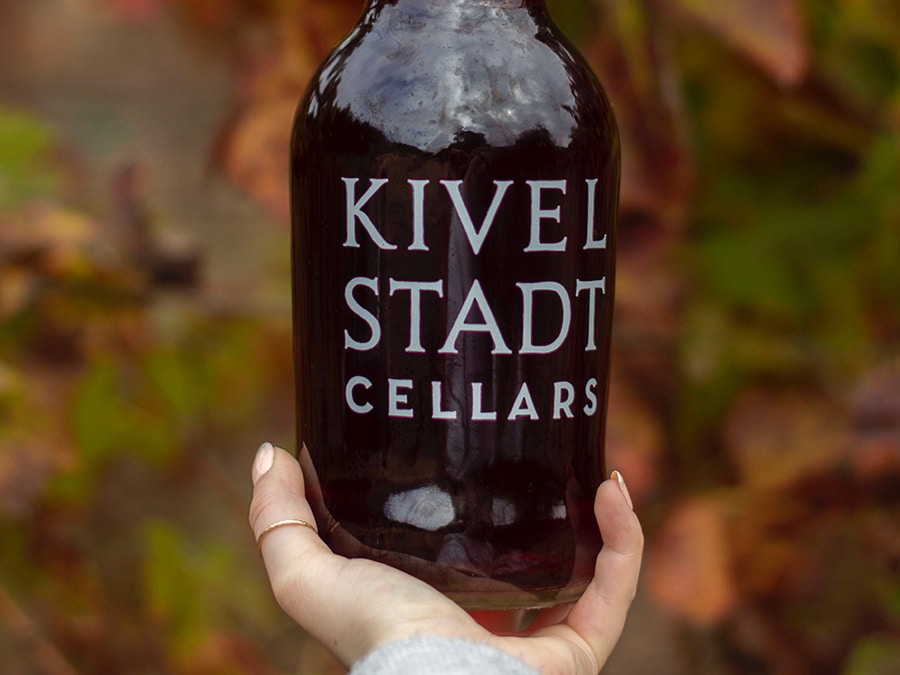
At Kivelstadt Cellars, owner and winemakers Jordan Kivelstadt and Sam Baron focus on a minimalist approach, ensuring that they get the best out of their wines (to the best of Mother Nature’s control) without the use of chemicals that should “never be in wine.” How? They start with organic and biodynamic grapes, and make sure the fruit coming into the winery is picked at the right moment for both ripeness and freshness.
Once the grapes are in the winery, they strive to perform as little manipulation as possible. This means little to no additions of acid or nutrients and using only native yeasts. From there, the process is separated by white and red wines. Light, aromatic white wines don’t go through malolactic fermentation, so they are stabilized/fined with bentonite (natural clay), and filtered to ensure they don’t start fermenting in the bottle. Red wines go through malolactic fermentation, so they are able to be bottled unfined and unfiltered.
Kivelstadt offers a range of fresh, drinkable white, pink, orange, and red wines including a few wines on tap that can be taken home in refillable growlers.
Old World Winery (Russian River Winery)
Old World Winery is fully committed to environmental and social responsibility and practices. Their wines are made completely naturally, are 100% organic, and are bottled without any fining or filtering and minimal additives (very low sulfites). They work with organically, biodynamically and regeneratively farmed fruit. The focus at Old World Winery is on the Earth and the land first, with an emphasis on leaving as minimal impact upon the land and environment as possible.
The Russian River Valley winery makes a number of unique wines, including rarely grown grape varieties such as Abouriou, Mondeuse Noire, Trousseau Gris, and Chasselas blended with more traditional varieties. They also make a farmstead cider.
Radio Coteau (Russian River Winery)
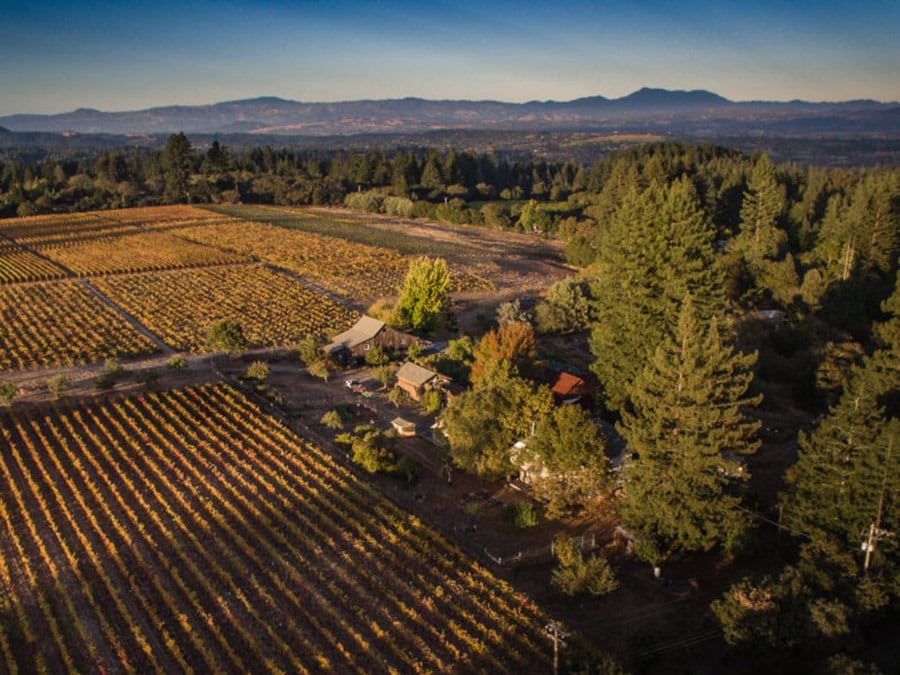
Radio Coteau is a small winery, cidery, organic farm, and ranch located on a cool coastal ridgetop in the Russian River Valley. Owner and winegrower Eric Sussman and his winemaking team strive to balance nature’s expression with a delicate, but disciplined human touch in their handcrafted wines. Their focus is on low intervention in both the vineyards and the cellar as well as on dry farming, and organic, biodynamic, and regenerative farming practices. Radio Coteau’s wines don’t get fined, filtered, or treated with any unnatural chemicals, additives, or animal byproducts. The estate vineyard and farm have been Demeter Certified Biodynamic since 2008.
The winery makes a range of small-lot fermented estate Sonoma Coast wines including Zinfandel, Syrah, Chardonnay, and Riesling as well as a range of farmstead ciders.
Other Vegan Wineries
- Anaba Wines
- B Wise Cellars
- Balletto Vineyards
- Bacigalupi Vineyards (Russian River Valley)
- Smith and Story Wines (Healdsburg)
- Two Shepherds Wine (Windsor)
- Three Sticks
Partially Vegan (some wines are vegan; inquire at winery about which):
- Adastra
- Bartholomew Park Winery
- Benziger Wine Estate
- Roche Winery
- Pangloss Cellars (Reds)
- Sosie Wines
Written by Brooke Herron
THIS IS WINE COUNTRY.
Share your experience using #SonomaCounty or #LifeOpensUp
